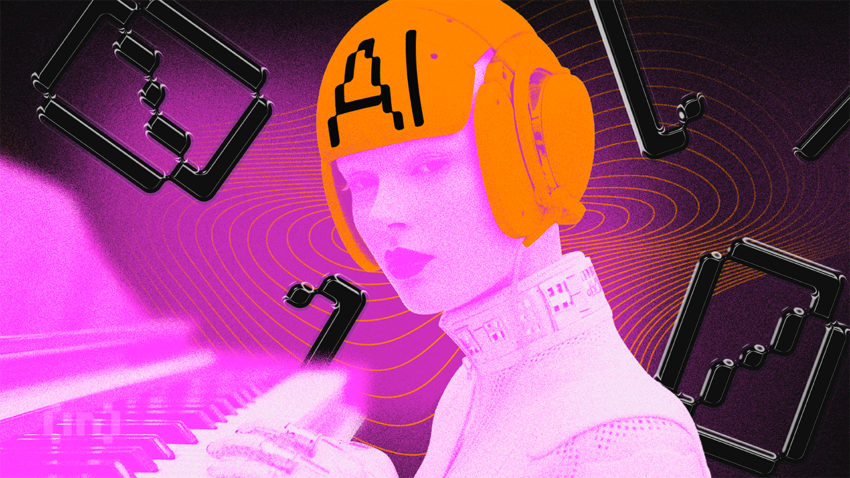In the escalating race for artificial intelligence (AI) supremacy, Alibaba has made the latest push. The Hangzhou-based tech titan unveiled Tongyi Qianwen 2.0, its newest large language model (LLM), demonstrating a substantial upgrade in complex instruction understanding, copywriting, reasoning, and hallucination prevention.
This announcement comes amid an intensifying US-China LLM race, where Alibaba strives to rival American tech behemoths like Amazon and Microsoft.
Alibaba Advances AI Progress in China
Alibaba asserted in a press statement that,
“Tongyi Qianwen 2.0 demonstrates remarkable capabilities in understanding complex instructions, copywriting, reasoning, memorizing, and preventing hallucinations.”
The company also launched industry-specific AI models and the GenAI Service Platform, allowing businesses to construct their own generative AI applications using their proprietary data. This addresses a prevalent concern about third-party data access in public generative AI products like ChatGPT.

While these developments are noteworthy, they come amid the backdrop of a broader regulatory push. In the United States, President Joe Biden has signed the first executive order on artificial intelligence. This mandates new safety assessments, civil rights guidance, and research on AI’s labor market impact.
According to White House Deputy Chief of Staff Bruce Reed, the executive order represents the,
“Strongest set of actions any government in the world has ever taken on AI safety, security, and trust.”
Read more: The 6 Hottest Artificial Intelligence (AI) Jobs in 2023
Countries Honing AI Regulations
Biden’s executive order is comprehensive, tackling issues ranging from creating new safety standards for AI, protecting consumer privacy, advancing equity and civil rights, to studying AI’s potential labor market implications.
Moreover, it stipulates that AI firms share safety test results with the federal government. They must also provide guidelines to prevent AI algorithms from exacerbating discrimination.
Internationally, the G7 nations are working on a voluntary ‘Code of Conduct’ for advanced AI systems. The code is known as the “Hiroshima AI process,” which aims to promote safe, secure, and trustworthy AI worldwide. European Commission digital chief Vera Jourova said it would act as a bridge until regulation is in place.
As Alibaba flexes its AI muscle with Tongyi Qianwen 2.0 and the GenAI Service Platform, it’s clear that the US-China LLM race is heating up.
Simultaneously, global regulations are evolving to ensure the responsible harnessing of AI’s immense potential. This dynamic interplay between technological innovation and regulatory oversight will shape the future of AI for years to come.
In adherence to the Trust Project guidelines, BeInCrypto is committed to unbiased, transparent reporting. This news article aims to provide accurate, timely information. However, readers are advised to verify facts independently and consult with a professional before making any decisions based on this content.
This article was initially compiled by an advanced AI, engineered to extract, analyze, and organize information from a broad array of sources. It operates devoid of personal beliefs, emotions, or biases, providing data-centric content. To ensure its relevance, accuracy, and adherence to BeInCrypto’s editorial standards, a human editor meticulously reviewed, edited, and approved the article for publication.


